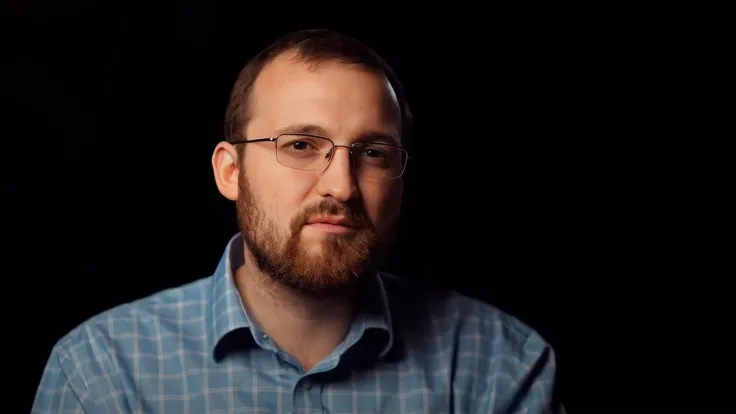
Charles Hoskinson, the founder of Cardano, shed light on what he believes to be the most significant challenge facing the blockchain industry, particularly Cardano, in 2024.
According to Hoskinson, the main hurdle is not technological but rather human: the complexity of achieving effective and efficient on-chain governance.
He points out that Satoshi Nakamoto's introduction of proof of work solved a significant problem within the digital currency space, but it pales in comparison to the intricacies involved in decentralized governance.
Emphasizing the novelty and complexity of this endeavor, he suggested that achieving effective on-chain governance within Cardano could be considered "the single biggest innovation in collective governance in human history, it's worth a Nobel Prize."
Decentralized governance: a new frontier
Hoskinson elaborates on the unprecedented nature of the task at hand, arguing that Cardano's success in implementing decentralized governance would not only be a monumental achievement in the crypto world but could also pave the way for a new era of collective governance on a global scale.
"It's a much greater problem than Satoshi ever solved... It's like AI alignment; it's a super hard problem," he added
The goal, as Hoskinson outlines, is to build a governance model that can be applied not just within Cardano, but also in corporate, club, and even governmental structures, potentially revolutionizing how societies operate and address common challenges.
The impact on global governance
Hoskinson doesn't shy away from the grand vision he has for Cardano, suggesting that solving the puzzle of decentralized governance could lead to the most significant transformation in human governance witnessed in our lifetimes.
He reflects on historical shifts in governance and societal structures, suggesting that we are on the cusp of another major transformation that could redefine human collaboration and governance.
The founder's optimism is tempered with a call to action, urging the Cardano community and beyond to remain vigilant and engaged in the pursuit of this groundbreaking innovation.
"Every 50 to 100 years, the whole human race reboots the way things work, and this is the next reboot cycle that we're going through right now," he stressed.

 Dan Burgin
Dan Burgin Vladislav Sopov
Vladislav Sopov